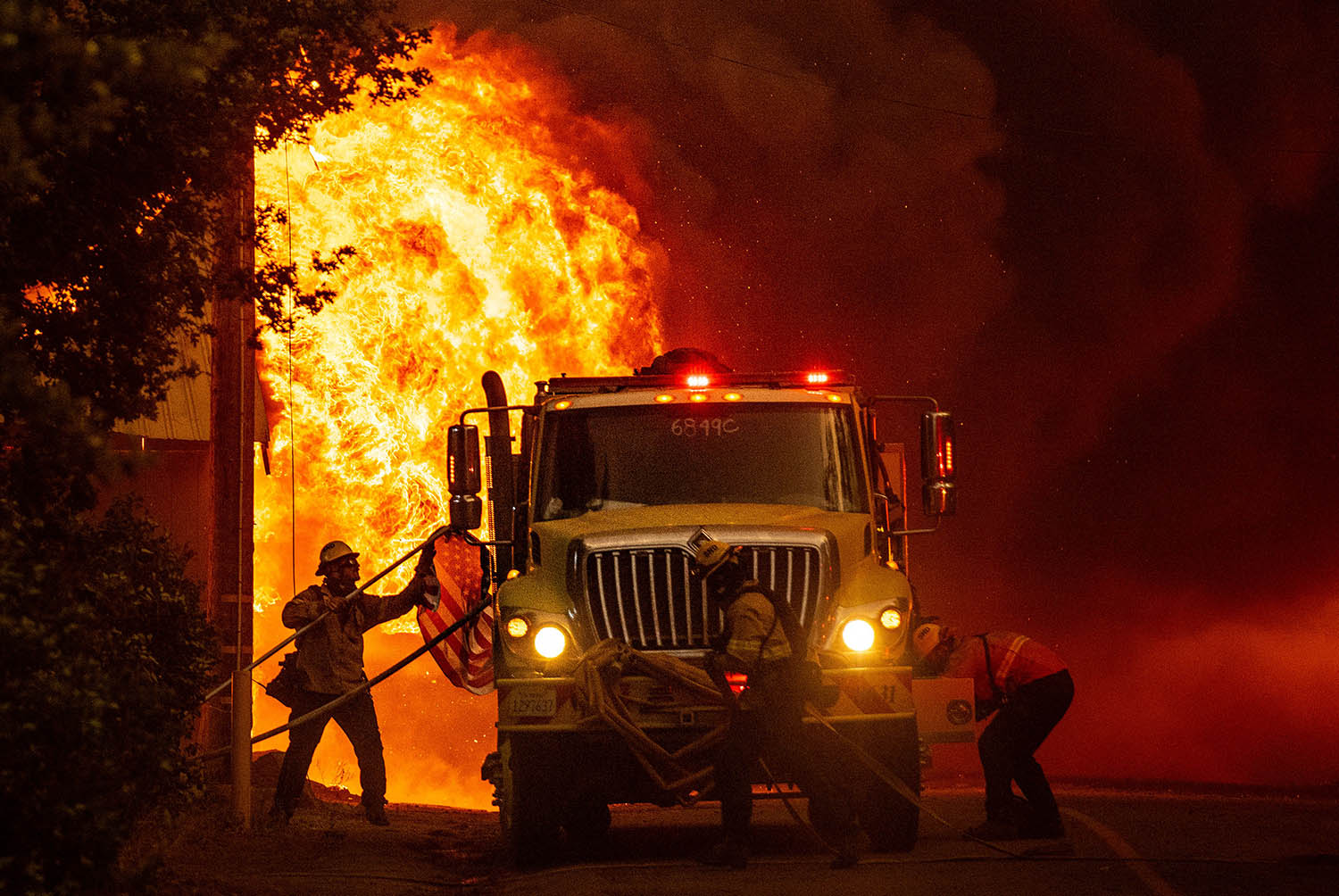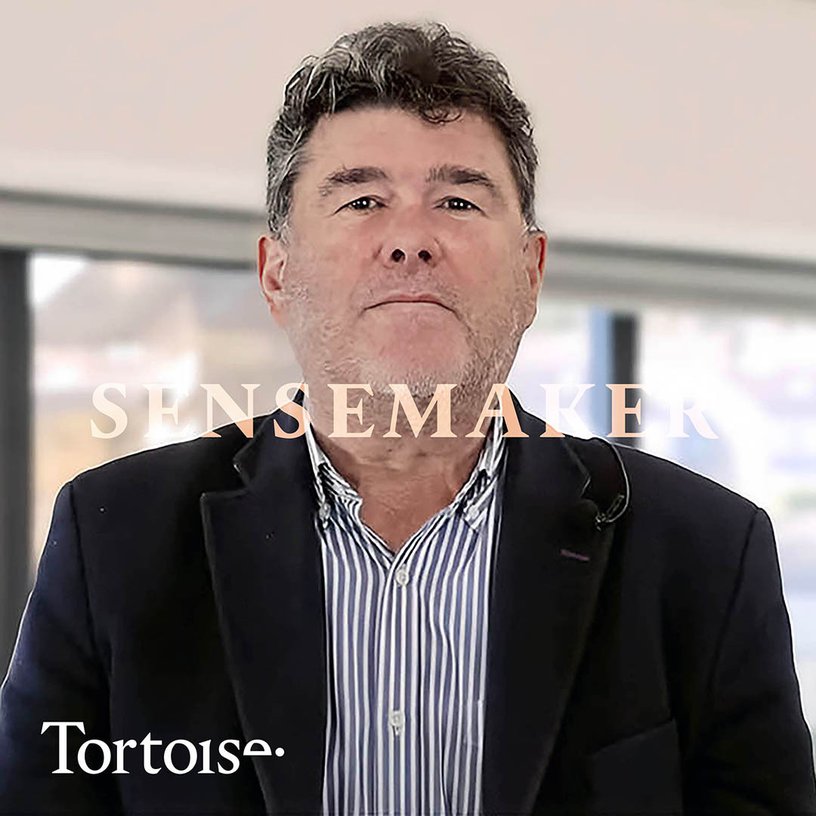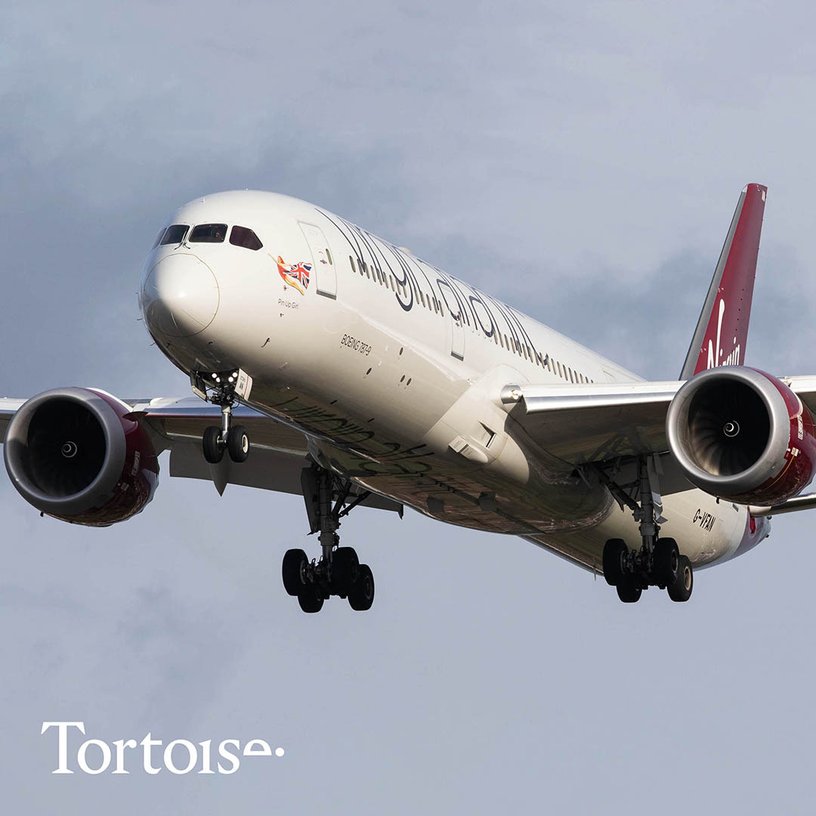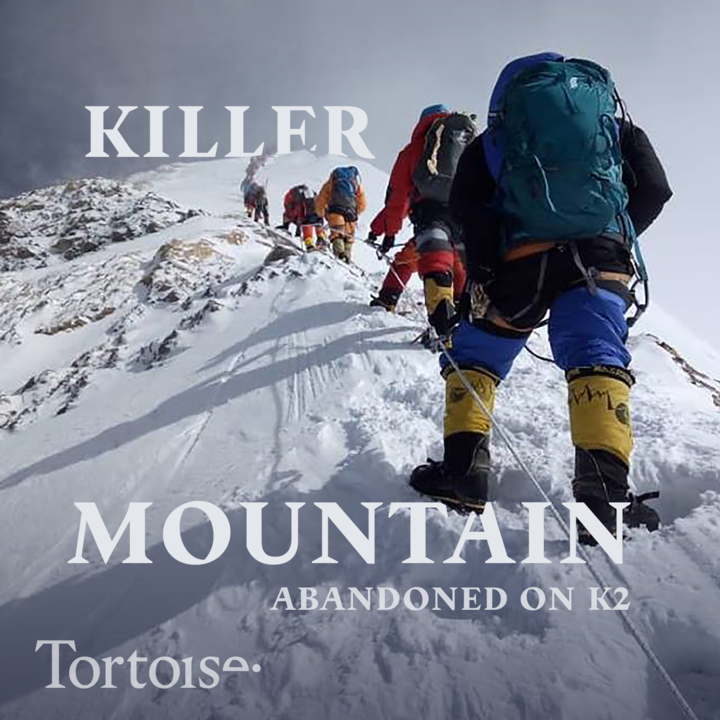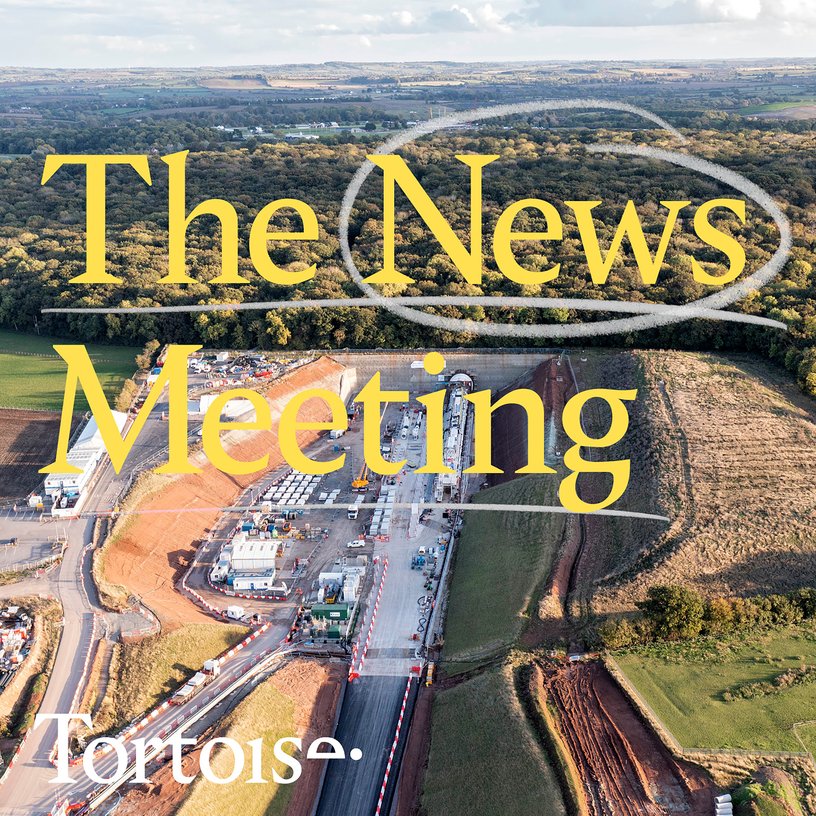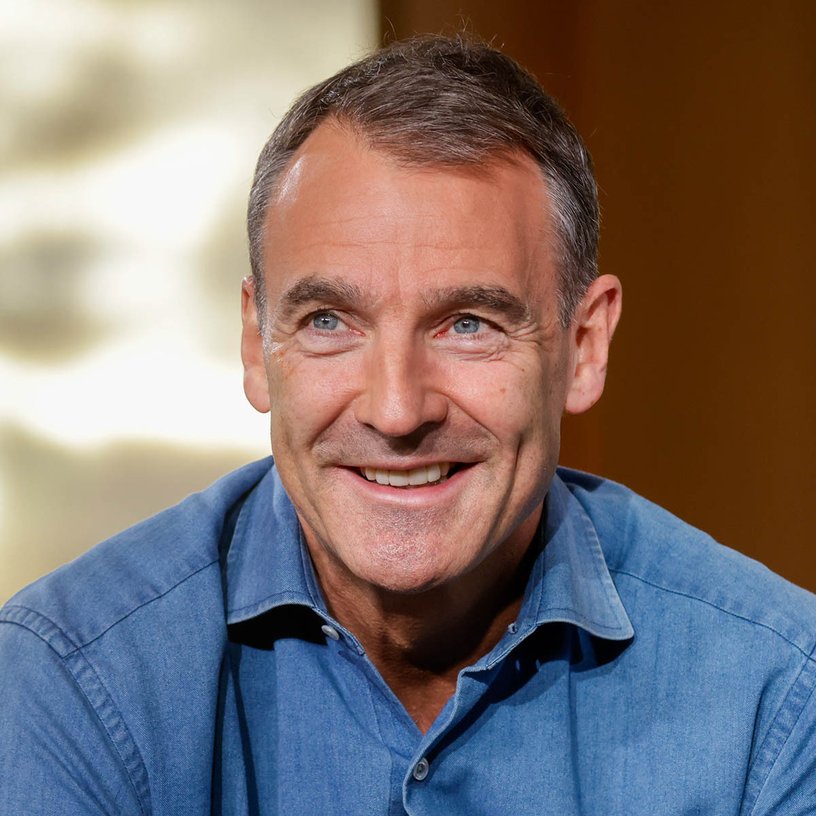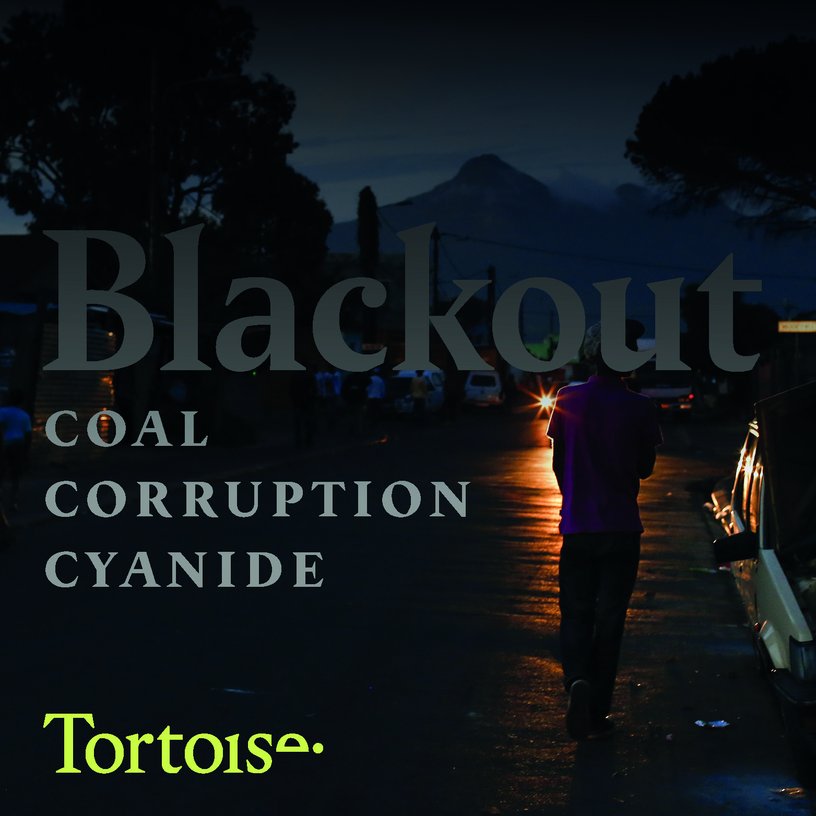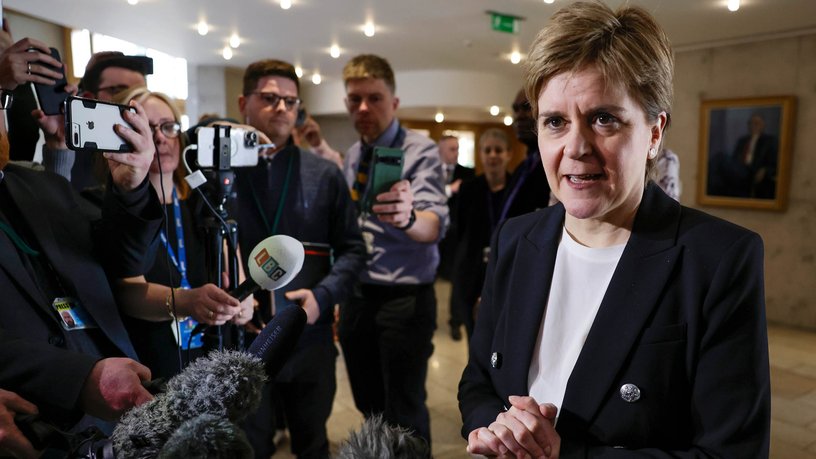Tortoise Responsibility 100
The first index to benchmark nations on their level of investment, innovation and implementation of artificial intelligence.

Press
Methodology

The Responsibility100 Index uses over 200 indicators from a range of sources.
To read more about
how we approached this research, please see our methodology report, which includes the full table of indicators.
The Responsibility100 Index ranks FTSE 100 companies on their commitments and actions towards key social, environmental and ethical issues.
We split the FTSE 100 into 8 sectors.
Companies are ranked according to their ‘Walk’ score, which tracks performance across 6 key pillars: Equality, Climate, Good Business, Justice, Poverty & Wellbeing and Skills & Education.
The ‘Talk’ score records the sustainability organisations a company has joined and the targets they have set, and exists to assess whether the actions of a company reflect its commitments.
Unilever ranks 1st on the Index, up from 3rd last year. It has secured this spot as a result of strong scores by climate and social measures, including low Scope 1 and 2 emissions, comprehensive Scope 3 reporting, almost 100 per cent of waste recycled, and a low gender pay gap.
Airtel Africa, a telecommunications company, is new to the FTSE 100 and ranks bottom of the Index. Sparse reporting and weak inclusion – only one in eight senior managers are women, for example – hurt its overall ranking.
Having ranked top of the Index last year, Severn Trent has fallen to 12th place. One reason is our improved fines methodology, which found that Severn Trent received fines totalling £2 million in the last year, most of them related to sewage pollution incidents.
Auto Trader has improved the most year on year, rising 42 places to 15th in the Index. Major reasons for its success include more women in senior management, becoming an accredited Living Wage provider, and meeting the Parker Review Target, which calls for at least one board director from an ethnic minority.
FTSE 100 companies emit 3.4 billion tonnes of CO2 equivalent including Scope 1, 2 and 3 – around 7 per cent of global emissions. Hover over a company to see their emissions.
However, less than 10 per cent of these emissions are covered by Science Based Targets, which require deep emissions reductions while minimising the use of offsets.
This sets the UK’s biggest listed companies on a pathway that if followed by the rest of the world would overshoot the limit of 1.5C of warming agreed in Paris in 2015 – to 2.8C
A third of companies pay their CEO more than 100 times the average worker. CRH, a building materials company, pays its CEO 289 times its average UK wage. The company operates in 29 countries worldwide, and declined to say whether the global ratio was higher or lower.
The trend of decreasing representation of women as they gain seniority within companies also persists, contributing to the FTSE 100 average gender pay gap of 15.9 per cent (although that gap has narrowed from 17.6 per cent last year).
Though gender representation on FTSE boards has improved, there are still no women in C-Suite or Chair roles at 47 companies.
Nearly 80 per cent of companies fail to provide a figure for their ethnicity-based pay gap.
The findings
The Responsibility100 Index assesses FTSE 100 companies on their actions and commitments toward a more sustainable future.
Read our findingsRankings
Based on some refinements to our methodology and further consultation with the FTSE 100, we have updated the rankings of the Responsibility100 Index. The latest rankings below are updated as of January 2023.
The rankings are based on the “Walk” Score which measures performance across a wide range of areas from poverty and inequality to climate change and biodiversity.
We also show the “Talk” Score which indicates the level of commitment to measurable and time-bound targets and memberships of certain organisations. The Talk score does not affect a company’s overall ranking.
It is possible to sort the results of the Index by sector and alphabetically.
The data
Explore the indicators that make up the Responsibility100 Index
The pillars
The Responsibility100 Index is organised into 6 performance-based “Walk” pillars: Equality, Climate, Good Business, Justice, Poverty & Wellbeing and Skills & Education.
Commitments, Targets and Memberships are recorded in the “Talk” pillar which is measured separately.
The following weightings are applied to each pillar:
- Equality focuses on how companies treat their staff and on representation of protected groups across different levels of the business.
- Climate focuses on the impact of the companies on the environment, such as their Scope 1, 2 and 3 emissions and their water usage.
- Good business focuses on the inner workings of the company – from how much they pay their CEOs to the proportion of revenue that is held in tax-havens.
- Justice focuses on social responsibility, ethics and justice, and includes indicators on equal pay and modern slavery
- Poverty and wellbeing focuses on the extent to which companies protect and support their employees, such as by providing private healthcare or being accredited as a Living Wage Provider.
- Skills and education focuses on the amount and quality of training provided to a company’s employees, as well as the opportunities they offer young people in the form of graduate schemes and apprenticeships.
- Talk focuses on company affiliations – for example, membership of the UN’s Global Compact – and targets set to improve social and environmental performance.
Authors
Researched by the Tortoise Intelligence team: Alex Inch, Maddy Diment, Veronika Halamkova, James Love, Phin Godfrey, Eliot Latham, Sarrah Hakimjee and Sophie Barnett.
To get in touch with the team, please email responsibility100@tortoisemedia.com.
Further reading
View allFurther listening
View allMore data journalism

Hot Air
Making sense of climate misinformation

Peer Review
The House of Lords plays a crucial role in the UK Parliament. Members of the House, known as Lords, contribute to debates and help shape the laws that govern the country.

The Westminster Accounts
Tortoise and Sky News have launched the Westminster Accounts, the first fully searchable database of the money being used to lubricate the machinery of British politics.
